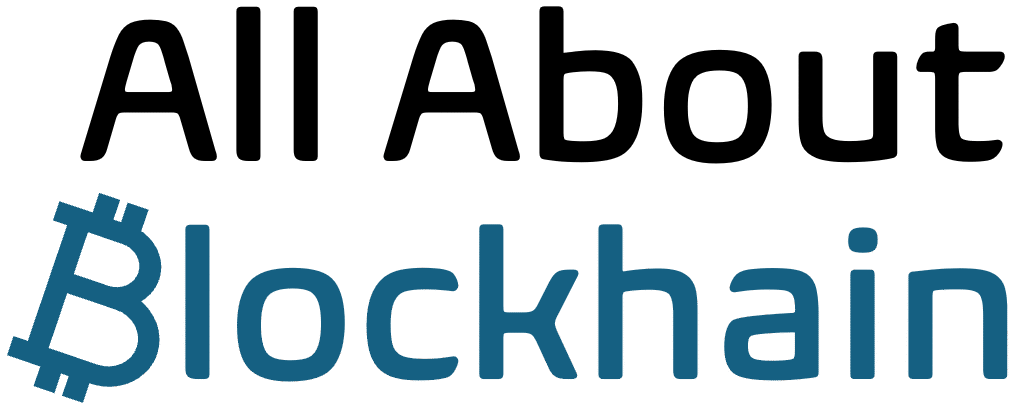Blockchain:
Blockchain is a distributed ledger technology that enables secure, transparent, and tamper-proof record-keeping. Unlike traditional databases, blockchain stores information across a network of computers, making it decentralized and highly resistant to modification.
How Blockchain Works
Transactions are grouped into blocks and added to a chain in chronological order. Each block contains:
- A cryptographic hash of the previous block
- A timestamp of when the block was created
- Transaction data
Real-World Applications
Blockchain technology is transforming industries beyond cryptocurrency
Supply Chain Management
Track products from origin to consumer with immutable records, reducing fraud and improving transparency.
Healthcare Records
Securely store and share patient data while maintaining privacy and accessibility across providers.
Voting Systems
Create tamper-proof digital voting systems that ensure election integrity and accessibility.
Digital Identity
Give individuals control over their digital identities with secure, verifiable credentials.
Smart Contracts
Automate contractual agreements with self-executing code that triggers when conditions are met.
Cross-Border Payments
Facilitate faster, cheaper international money transfers without traditional intermediaries.
Learning Resources
Continue your blockchain education with these curated resources
Beginner Guides
- Blockchain Fundamentals Handbook
- How Blockchain Works
- Cryptography for Blockchain Beginners
- Blockchain Terminology Glossary
Technical Deep Dives
Industry Reports
- Global Blockchain Adoption 2025
- Enterprise Blockchain Case Studies
- Blockchain in Finance Report
- Healthcare Blockchain Innovations
